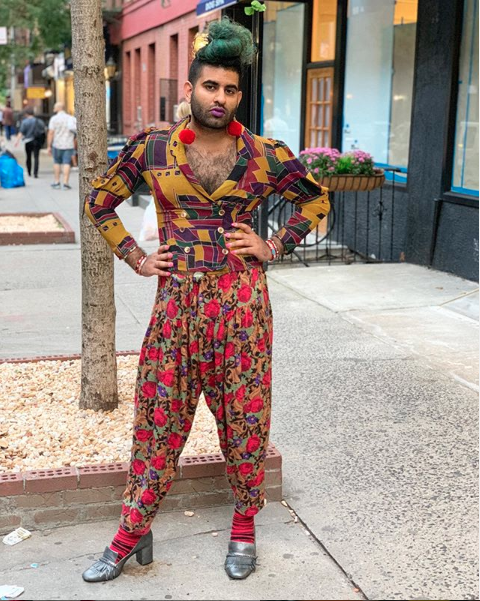I find video of me to be strange and disorienting. For the last video I made, I filmed over 100 takes and kept finding so many reasons I didn’t like each one. If I am being really honest — the “fault” was less about my mishaps and more about...me. Video has always been the most difficult medium for me. With photos I can have some semblance of control, but video feels positively reckless. All of my being on full display, vibrating defiantly as if it has a life of its own.
For much of my life the way that I survived harassment was disassociating myself from myself. that way when people hurt me they weren’t actually hurting *me*, just some ‘thing’ separate from me. It made it less painful. I refused to listen or watch any recordings of myself because I didn’t want to see/hear how feminine I was. I didn’t want that evidence in the world. I didn’t want “me” in the world — I wanted their me, not mine.
I suppose it’s hard for me to remember that I still have a body sometimes. When I see myself on camera there’s this sense of shock like — that’s me? I am alive? That’s what other people see when they see me? I don’t know how else to describe it but...imposter syndrome for...being? This overwhelming sense of both disgust and delight that I can be a body that speaks, gestures, moves. But — I posted the video. I did it. I keep watching it - relearning the cartography of me. The work that I put out in the world is not just for other people, it’s also for me. To remind myself I exist. To figure out — how to view myself from my own eyes again.












